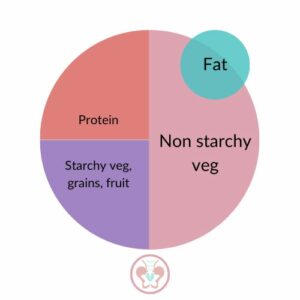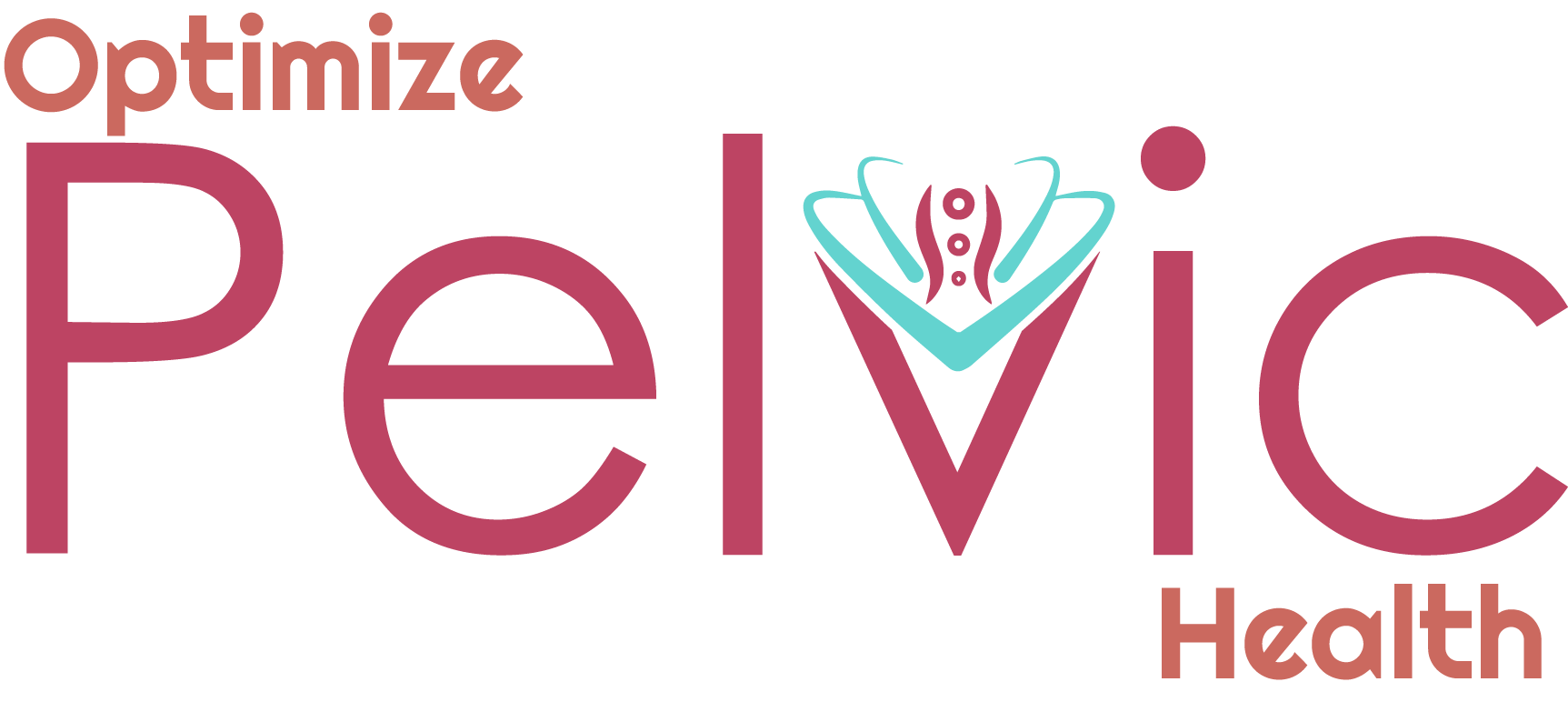” We are what we eat.” In this blog post, we are going to discuss nutrition for fertility and foods that improve fertility in females.
Infertility is a far-reaching phenomenon worldwide, with recent studies suggesting that nearly 1 in 6 adults worldwide – or over 17% of the adult population – suffer from it.
Beyond just being a condition that describes a person’s inability to achieve a pregnancy “after 12 months or more of regular unprotected sexual intercourse” (WHO) or “after 6 months of unprotected sex” for women aged 35 years or older (CDC), infertility can adversely affect a person’s health as well.
People who suffer from infertility often experience stigma, distress, and economic hardship due to financing their fertility therapies mostly out-of-pocket, since insurance doesn’t always cover infertility treatments.
Unsurprisingly, all of these mitigating factors surrounding fertility can coalesce and adversely affect people’s mental health.
In today’s post, we’ll explore how nutrition can positively impact a person’s fertility and provide nutritional recommendations to support a person’s fertility journey.
As always, if you have specific questions about your individual circumstances, consider reaching out to a board-certified pelvic floor physical therapist to address your pelvic health and fertility-related concerns.
Additionally, while a board-certified pelvic floor physical therapist can provide broad nutritional recommendations for a fertility-focused protocol, understand that they will work closely with and refer out to a registered dietitian to ensure the best, most nuanced plan of care for their patients who are trying to conceive.
Infertility and Pelvic Floor Physical Therapy
The World Health Organization (WHO) describes that infertility doesn’t discriminate between people of different races or ethnicities or people with greater or less affluence and wealth.
Here in the United States, nearly 9% of men and 11% of women of reproductive age have endured fertility problems.
As we shared earlier, pelvic floor physical therapy can help with infertility, particularly because the pelvic floor plays such a crucial role in a person’s fertility journey.
Nutritional Guidelines to Support Fertility
While a pelvic floor physical therapist can assist a person through their fertility journey, particularly if the reasons they are experiencing infertility is due to something being “off” or “dysfunctional” with their pelvic floor, pelvic floor physical therapists can also impart nutritional recommendations to help support a person’s fertility journey.
Common Nutrition Mistakes that may Affect Fertility
Before we dive into specific nutritional guidelines to help support fertility, it’s helpful to be aware of common nutritional mistakes and pitfalls:
- Fasting or not eating enough
- Inadequate amount of healthy fats: avocado, nuts, seeds and fatty fish
- Not enough whole grains or complex carbs, such as oats, brown rice and quinoa
- Not enough diverse fruits and vegetables
Preventive Nutrition and Food Science Journal Article Recommendations to Support Fertility
A 2021 journal article in the Preventive Nutrition and Food Science journal, titled “Can Nutrition Help in the Treatment of Infertility?”, explored the “growing evidence that nutrition may play an important role in adjusting fertility-related outcomes in both men and women.”
The article summarized the latest data surrounding nutritional factors that positively impact female and/or male sexual and reproductive function.
The PNF journal article authors concluded that “Adherence to a healthy dietary pattern favoring fish, poultry, whole grains, fruits, vegetables, and healthy fats, was related to better fertility in both genders. Despite the multifactorial etiology of sexual infertility, nutrition may affect the sexual/reproductive function in both women and men.”
In common parlance, this recommendation is aligned with what is popularly known as “the Mediterranean Diet.” This type of way of eating includes a:
- high intake of
- olive oil
- nuts
- legumes
- fruits
- vegetables
- whole cereals
- moderate intake of:
- fish
- poultry
- wine
- low intake of:
- dairy products
- red or processed meats
- sweets
It’s one thing to read recommendations from a medical journal online, but it’s something else to have actionable recommendations that we can apply to our everyday lives.
Let’s break-down the PNF recommendations further and discuss which nutritional recommendations a pelvic floor physical therapist might make to someone who is experiencing infertility.
Fish and Poultry
- Non-dairy protein, which includes fish and white meat, positively influences female fertility.
- The threat of mercury contamination in seafood resulted in the FDA’s and EPA’s recommendation that pregnant women, or those who may become pregnant, to eat 3 or fewer servings of seafood per week (US Food and Drug Administration, 2017).
Whole Grains
- Both how much and which type of carbohydrates affect a person’s blood sugar, aka their glucose homeostasis and insulin sensitivity, which may influence ovarian function (Chiu et al., 2018).
- Whole grain options could include:
- Barley
- Bulgur
- Quinoa
- Brown rice
Fruits and Vegetables
- Different fruits’ and vegetables’ different colors indicate their different nutritional profiles. These foods’ phytochemicals confer a host of nutritional benefits, including:
- Red fruits and vegetables: vitamin C, vitamin A, potassium, and antioxidants
- Yellow or orange fruits and vegetables: vitamin C, vitamin A, and potassium
- White fruits and vegetables: good for the heart; can help control cholesterol levels
- Green fruits and vegetables: potassium and vitamin K; the dark, leafy varieties have the highest concentration of antioxidants and fiber
- Blue/purple fruits and vegetables: can help urinary tract health
Additionally, it’s recommended that the majority of a person’s fruit and vegetable intake include the non-starchy varieties, such as green leafy or cruciferous vegetables. This is to help keep blood sugar from rising or falling too rapidly.
Healthy Fats
The final component to the fertility nutritional recommendations protocol also constitutes the smallest proportion of one’s daily dietary intake, fat.
Recommendations for monounsaturated and polyunsaturated fats – the “healthy fats” that constitute a Mediterranean diet – include:
- Fish
- Avocado
- Nuts/seeds
- Olives
- Extra virgin olive oil (EVOO)
- Full fat dairy
- Grass fed butter

Connect with a Pelvic Floor Physical Therapist to Address Your Fertility Concerns Today
Not only can pelvic floor physical therapists help address the potential source of your pelvic floor dysfunction that may be impeding your ability to become pregnant, they can also provide broad nutritional recommendations that will support your desire to become pregnant.
As indicated, pelvic floor physical therapists will also work closely with registered dietitians to ensure that their patients receive the most nuanced, evidence-based plan of care to support their fertility goals.
Pelvic floor physical therapists are experts in the optimal functioning of all parts of the pelvic floor, so if the barrier to fertility is something “structural” in the pelvic floor, seeking out pelvic floor physical therapy can be monumental.
You are worth it.
You don’t have to give up on your desire to start a family.
We invite you to reach out today so that we can begin your healing journey together.
For more information on what Pelvic Floor Physical Therapy is and how it may help you; please check out our page What is Pelvic Floor PT


No responses yet